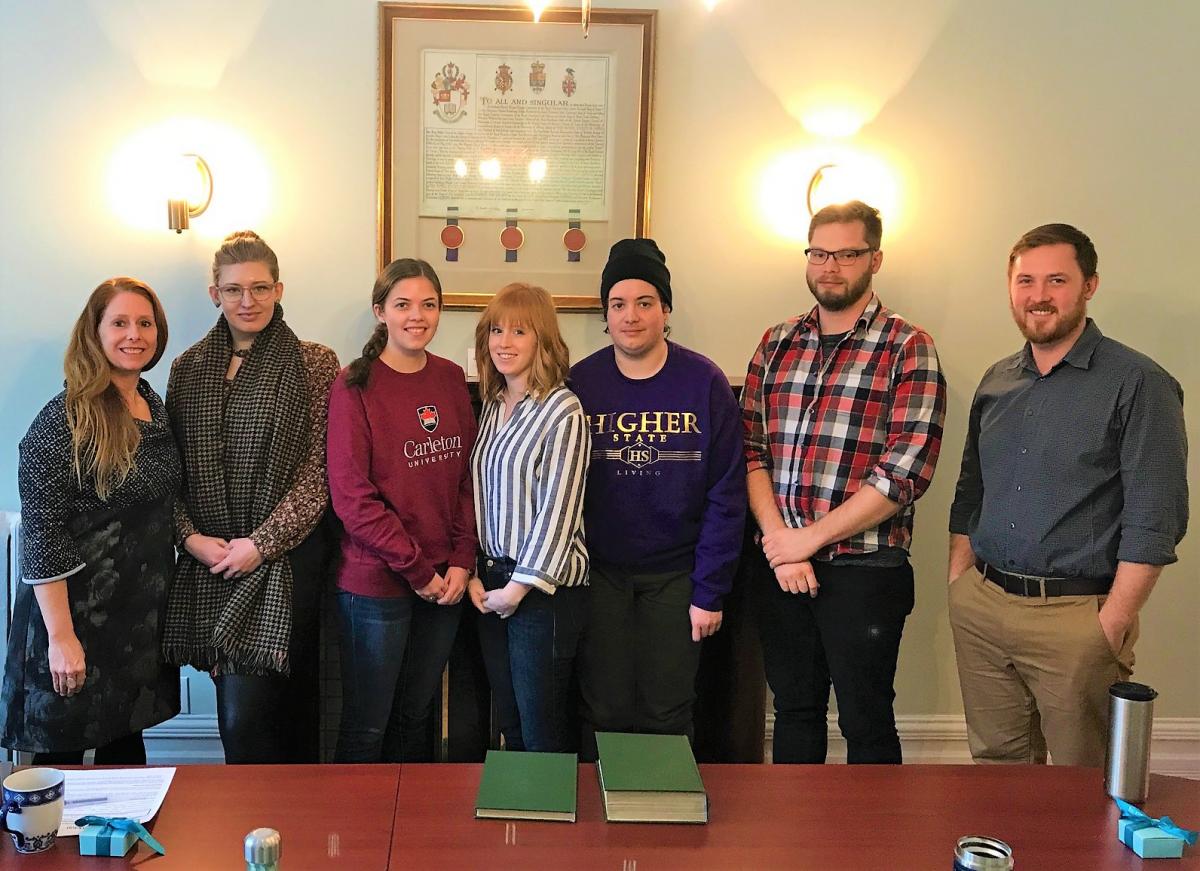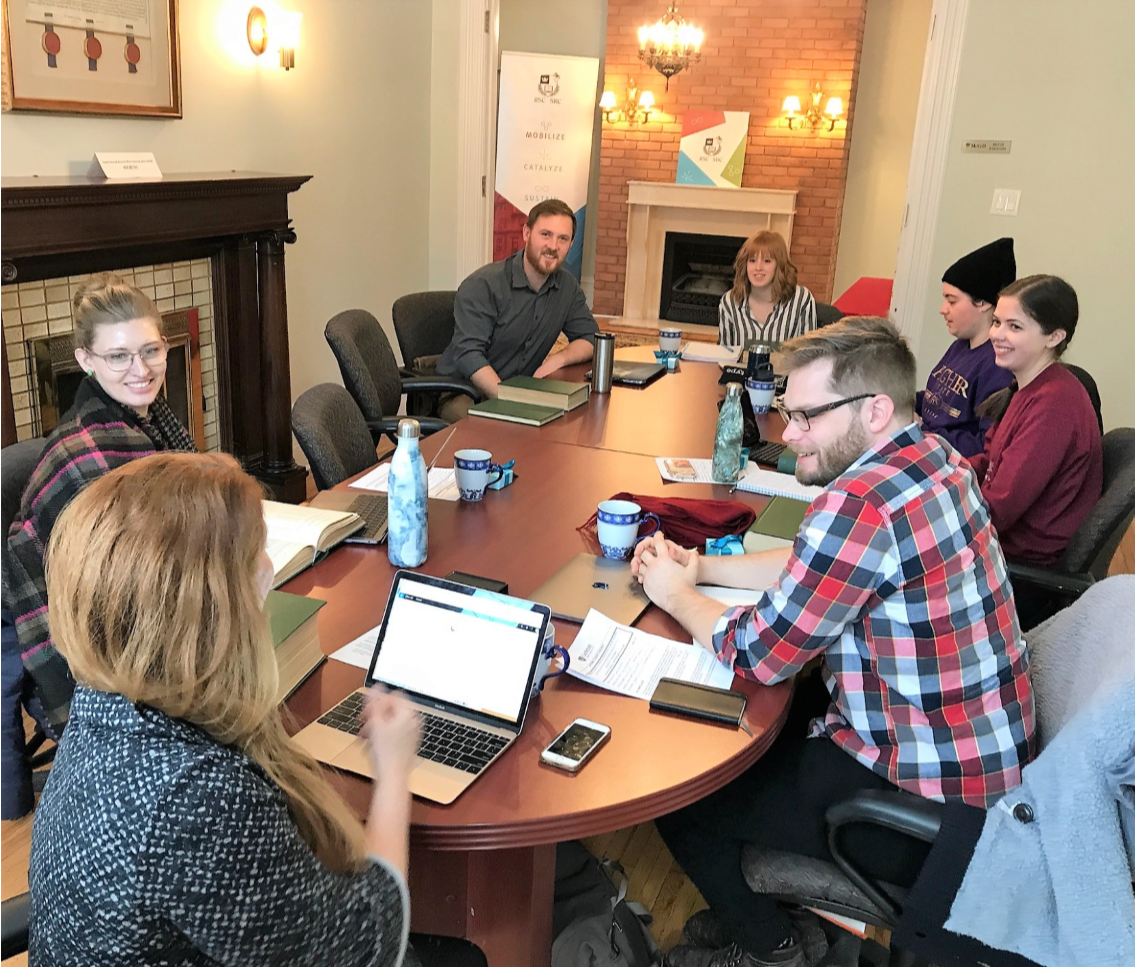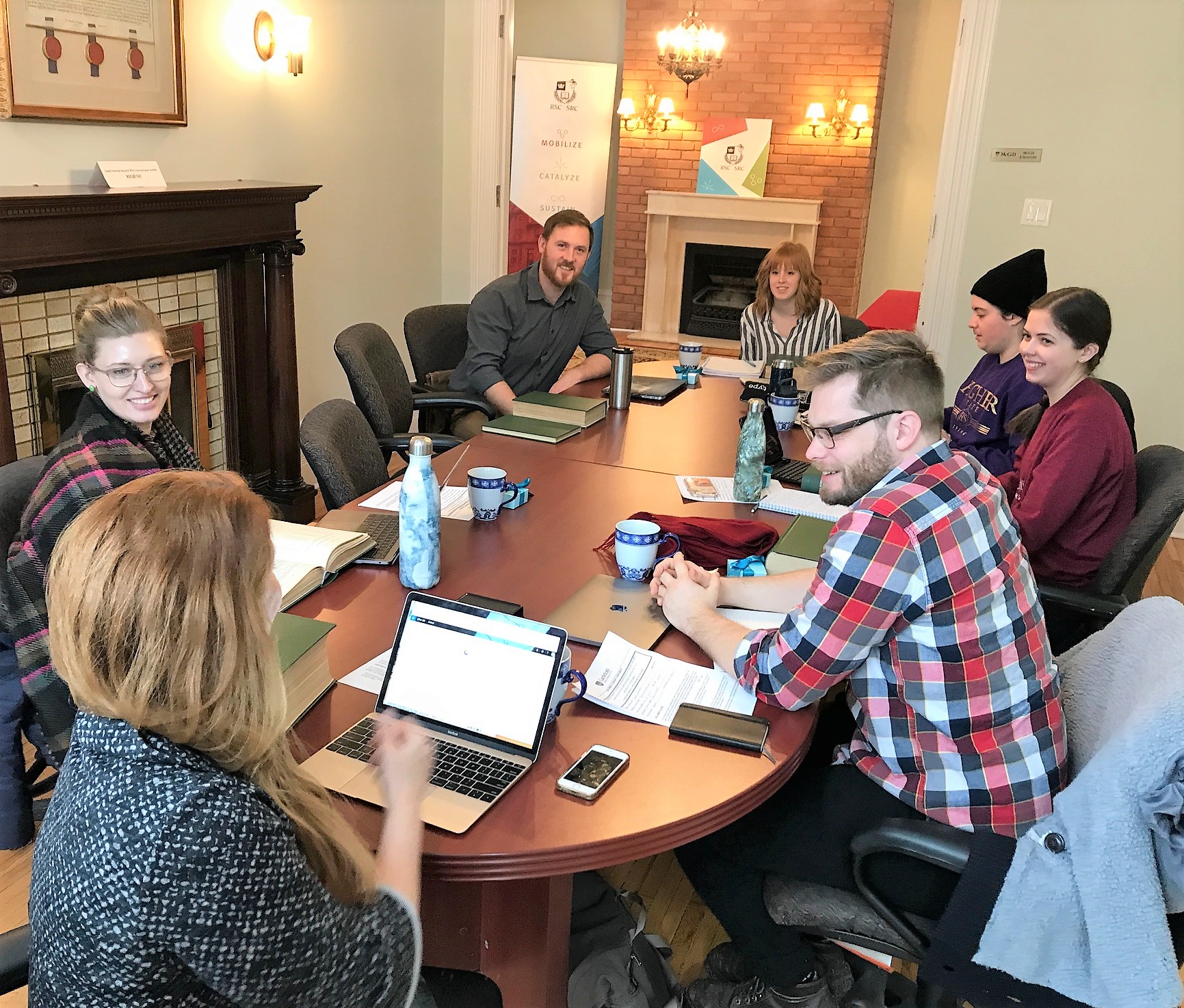“History plays an important role in reconciliation; to build for the future, Canadians must look to, and learn from, the past.” –Truth and Reconciliation Commission Summary of the Final Report, 8.
 The 2015 Truth and Reconciliation Commission of Canada’s Final Report, Honouring the Truth, Reconciling the Future, stipulates that public institutions should reflect upon their roles in past in order to create a more accurate and inclusive national collective memory. The commissioners note “we believe that true reconciliation can take place only through a reshaping of a shared, national, collective memory: our understanding of who we are and what has come before” (268).
The 2015 Truth and Reconciliation Commission of Canada’s Final Report, Honouring the Truth, Reconciling the Future, stipulates that public institutions should reflect upon their roles in past in order to create a more accurate and inclusive national collective memory. The commissioners note “we believe that true reconciliation can take place only through a reshaping of a shared, national, collective memory: our understanding of who we are and what has come before” (268).
The Royal Society of Canada is taking steps toward understanding its own institutional history, in particular through the establishment of the Truth and Reconciliation Task Force of the RSC in 2017. The Task Force has been mandated to “examine the RSC’s historical role in the Indian Residential School System and academia’s larger role in the marginalization of Indigenous knowledge.”
 One of the steps taken by the TRC Task Force has been to support an internship with the objective of studying the RSC archival records (principally, the Proceedings and Transactions of the Royal Society of Canada).
One of the steps taken by the TRC Task Force has been to support an internship with the objective of studying the RSC archival records (principally, the Proceedings and Transactions of the Royal Society of Canada).
This study is available here and will be one of the tools used in a upper-level seminar in applied history led by RSC College Member Jennifer Evans of Carleton University. Several of the seminar’s gatherings are occurring at Walter House, the home of the RSC and the repository of its archives.
Sincerely,
Constance Backhouse and Cynthia Milton
RSC-TRC Task Force co-chairs, on behalf of the Steering Committee (Sarah de Leeuw, Margaret Kovach, Kiera Ladner, and Andrew Woolford)
Final Report: Research on the Proceedings and Transactions of the Royal Society of Canada, 1898-1947


